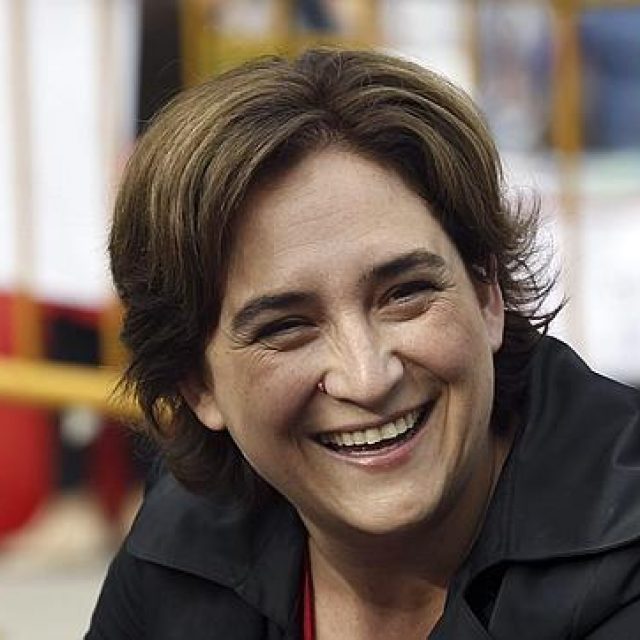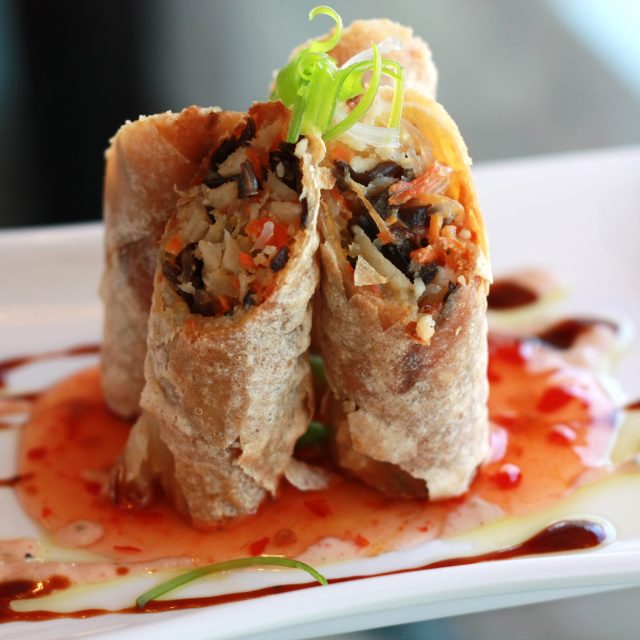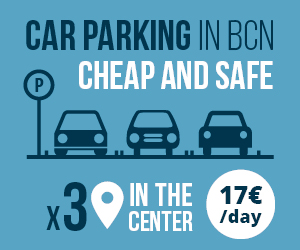The majority of waiters are self-taught and have received no professional training.
In recent years, the prevalence of social media websites has meant that people are more often than not sharing their dining experiences online. The general public have become the restaurants’ biggest critics, and the phrase “the food was delicious but the service leaves much to be desired” is becoming more and more frequent. It is clear that customers expect good quality food to be consistent with the same level of service. It has become apparent that it is much harder to find qualified waiters than it is fitting chefs. Although waiters seem to be in abundance, the reality is that there is a real shortage of waiters who have received professional training.

As the Catalan capital is experiencing a huge boom of openings of smart restaurants, bars, and cafés, they are struggling to find experienced staff as the bar of professionalism rises explains the director of the ‘Gremi of Restauració de Barcelona’.
The latest data from the city council estimates that there are 80,000 people working as waiters and waitresses in Barcelona alone, a figure which is growing exponentially year-on-year. Out of this entire figure of the city’s waiters and waitresses, only 23% have received professional training. Although the job is traditionally self-taught, the ever-growing competition of the industry means that it requires more vocations and knowledge, not to mention the necessity to speak multiple languages.
Iñaki Gorostiaga, director at the Escola Superior d’Hosteleria de Barcelona, admits that only 15% of his students specialise in waitering instead of cooking. “Before the students finish their training, they are already placed in gastronomic restaurants,” he says and “100% of those over 40 attending a one year long training find work.”
The story repeats itself at the Tourism, Hotelier and Gastronomic campus, where only 20% of students choose to study solely waitering. This means that on average only 33 students are trained to enter the industry. Nan Farreras says that this is “insufficient” he insists that “the restaurant industry is tougher than ever, and the necessity to provide good service along with good food means that employers should fund this extra training.”
A self-learning approach technically works, however it never covers management skills, purchases, oenology and many other faculties. Any good professional should start working from the bottom as a waiter, however often they advance in a few months due to a lack of staff. On the lower end of the scale many people become waiters as a last resort when they can’t find any other professional work, thus it becomes a ‘feeding’ job that gives you experience to advance in another career.
It seems that the restaurant industry needs to reevaluate what customers value, so that they can meet their needs by providing not only good food but also professional and efficient service.
If you would like to read about some specific topic click on the button below and SHARE YOUR THOUGHTS!
Source: El Periódico
Image credit: timeout.com





























































































